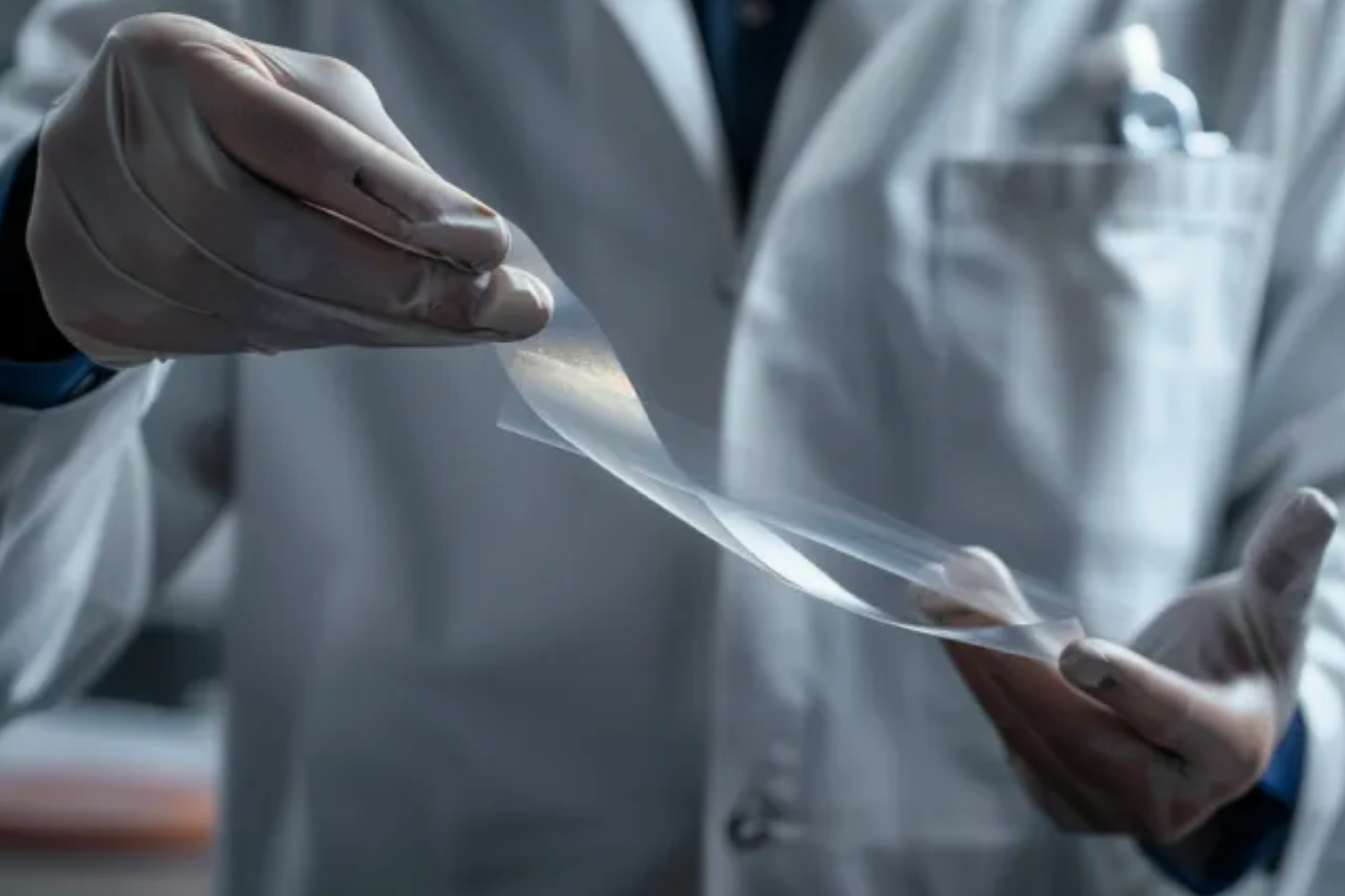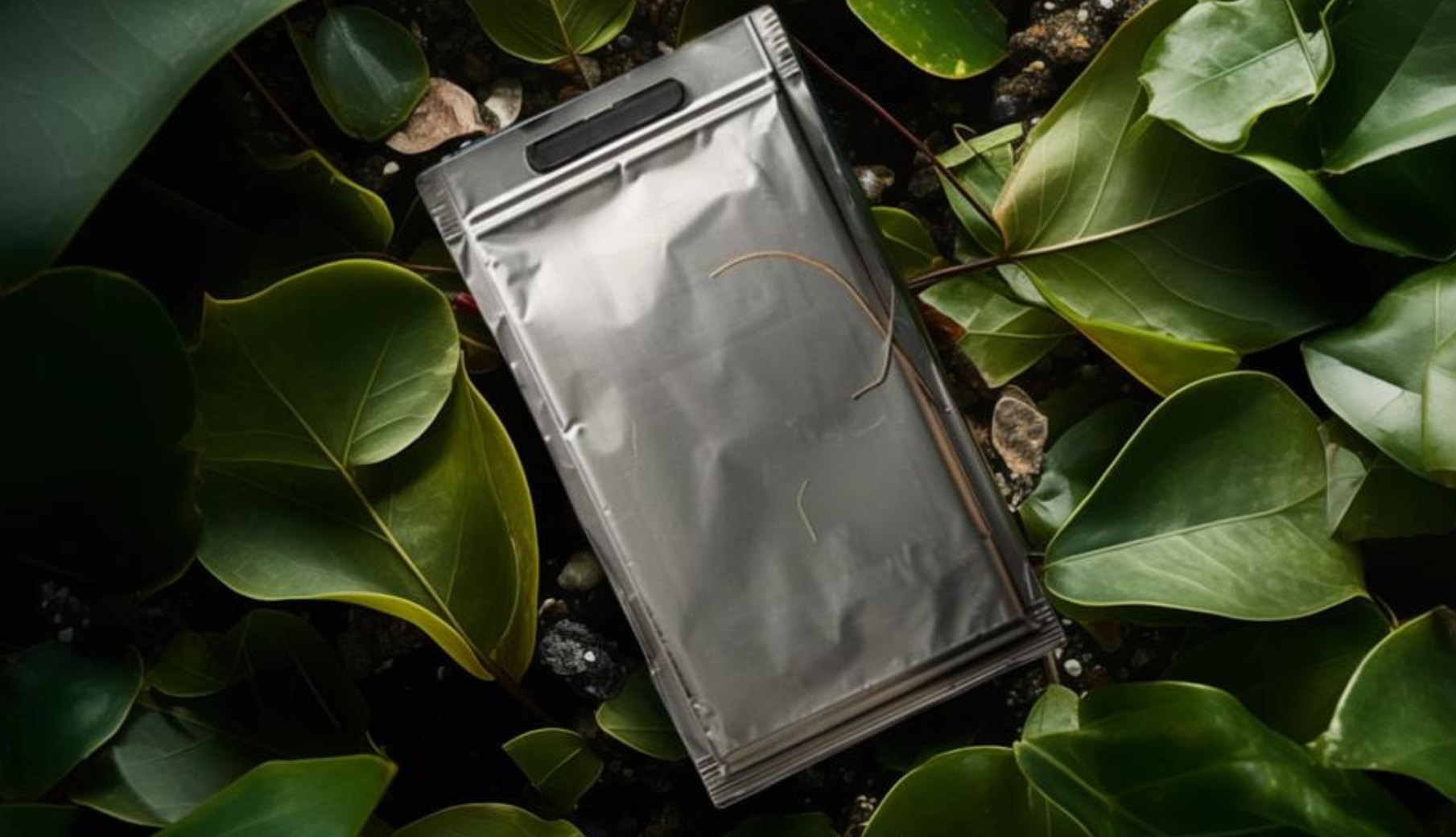Paper battery that biodegrades in weeks offers ‘revolutionary’ energy solution
Singapore startup Flint hopes to commercialise technology that is capable of powering everything from wearables to satellites

Researchers have invented a biodegradable paper battery that they claim could revolutionise the way we store and use energy.
Singapore-based startup Flint claims it is the world’s most sustainable battery, capable of addressing the significant environmental challenges of current energy storage systems through the use of renewable materials that can biodegrade in just six weeks when buried in soil.
Flint says its paper battery offers a comparable lifespan to conventional lithium-ion batteries, while also being lighter, cheaper, and versatile enough to power everyday electronics..
The company describes it as a “revolutionary water-based, rechargeable battery technology, developed from the ground up with sustainability at its core”.
It works by using a ring of hydrogel within a piece of paper that serves as an electrolyte and a separator, with its design aimed at integrating with existing lithium-ion battery manufacturing processes.

The battery was unveiled at the Consumer Electronics Show (CES) in Las Vegas this week, with the firm hoping to attract interest in the technology.
Flint recently raised $2 million (£1.6m) in funding to further develop and commercialise the paper battery.
“With real-world applications on the horizon, we are laser-focused on delivering solutions to market,” said Flint CEO and co-founder Carlo Charles.
“Our batteries are engineered to excel where traditional technologies fall short, and we believe they will transform industries that demand superior safety, sustainability and flexibility.”
The startup is already in discussions with more than 20 companies, according to Flint co-founder Jeremy Wee, with several commercial pilots already underway.
The companies have not been publicly named but come from sectors ranging from consumer electronics and electric vehicles, to defence and space applications.
“These discussions highlight a growing appetite for next-generation energy solutions,” said Mr Charles. “We’re not just offering a sustainable option; we’re offering a better, safer and more affordable alternative to unsustainable batteries.”
Mr Wee added: “A lower production cost is at the core of creating demand, scaling quickly, and increasing adoption rates while ensuring profitability... Our commercial pilots are already demonstrating the tangible impact of our innovations in real-world applications.”
Join our commenting forum
Join thought-provoking conversations, follow other Independent readers and see their replies
Comments
Bookmark popover
Removed from bookmarks